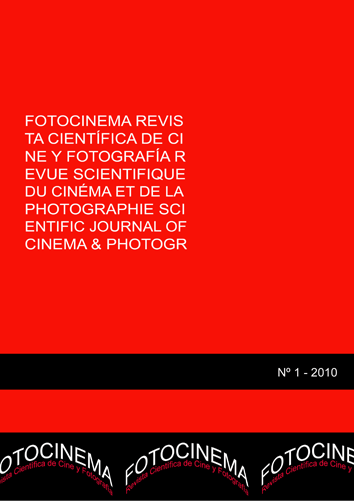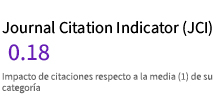La intertextualidad en el cine de Álex de la Iglesia: el caso del cómic
DOI:
https://doi.org/10.24310/Fotocinema.2010.v0i1.5850Abstract
Este artículo repasa la influencia del tebeo en las películas del director vasco, Alex de la Iglesia, cuyas primeras obras artísticas se deben a su condición de joven autor de historietas. El cine de este cineasta está marcado por claras reminiscencias provenientes de las viñetas: los superhéroes patéticos de Acción mutante se mueven por un contexto futurista muy del cómic de ciencia ficción; el humor estereotipado y los personajes grotescos del tebeo de la editorial Bruguera inundan todas sus comedias; o también son destacables los diversos homenajes narrativos o estéticos a la escuela franco-belga de Hergé y Goscinny. Esta fuerte influencia recorre toda su filmografía desde la mencionada ópera prima Acción mutante, hasta Crimen Ferpecto, pasando por títulos como El día de la bestia, Perdita Durango, Muertos de risa o La comunidad, hasta convertirse en un autor abanderado del fenómeno freak que marca tendencia en el cine español.
Downloads
Metrics
Publication Facts
Reviewer profiles N/A
Author statements
Indexed in
-
—
- Academic society
- N/A
- Publisher
- Universidad de Málaga
Downloads
Published
How to Cite
Issue
Section
License
All contents published in Fotocinema Revista científica de cine y fotografía are protected under the Creative Commons Attribution-NonCommercial-ShareAlike 4.0 International (CC BY-NC-SA 4.0) license. All about this license is available in the following link: <http://creativecommons.org/licenses/by-nc-sa/4.0>
Users can copy, use, redistribute, share and exhibit publicly as long as:
- The original source and authorship of the material are cited (Journal, Publisher and URL of the work).
- It is not used for comercial purposes.
- The existence of the license and its especifications are mentioned.
There are two sets of authors’ rights: moral and property rights. Moral rights are perpetual prerogatives, unrenounceable, not-transferable, unalienable, imprescriptible and inembargable. According to authors’ rights legislation, Fotocinema. Revista científica de cine y fotografía recognizes and respects authors moral rights, as well as the ownership of property rights, which will be transferred to University of Malaga in open access. The property rights are referred to the benefits that are gained by the use or the dissemination of works. Fotocinema. Revista científica de cine y fotografía is published in an open access form and it is exclusively licenced by any means for doing or authorising distribution, dissemination, reproduction, , adaptation, translation or arrangement of works.
Authors are responsable for obtaining the necessary permission to use copyrighted images.














13.png)



